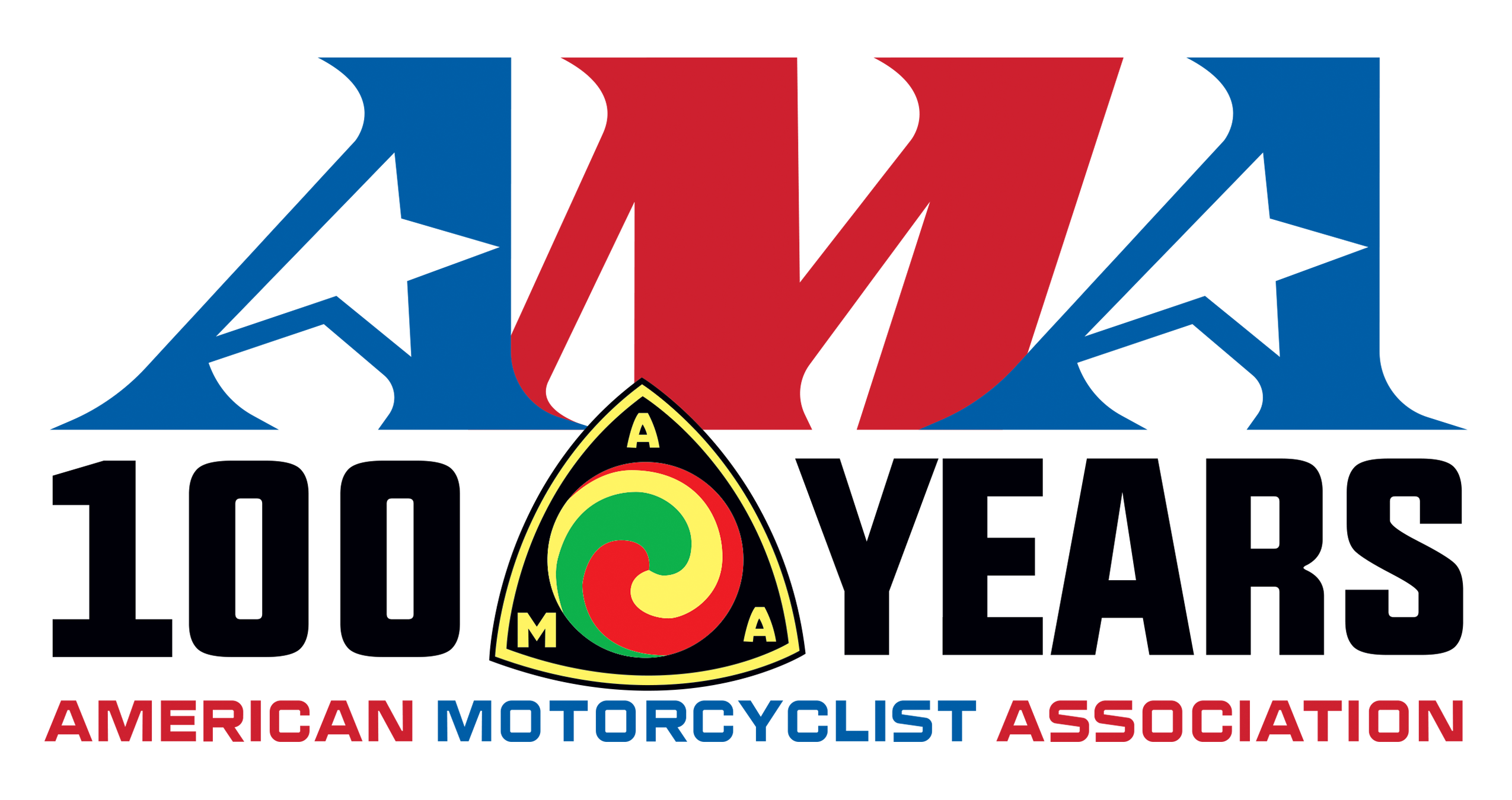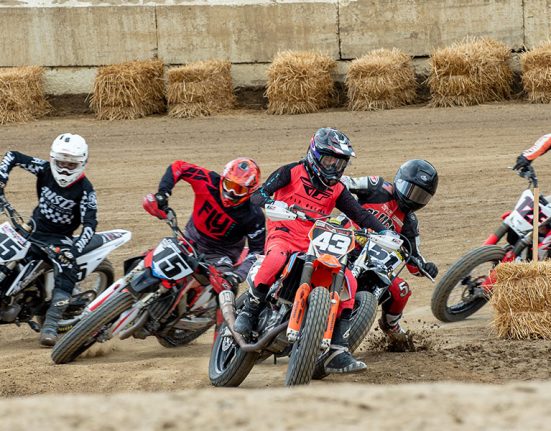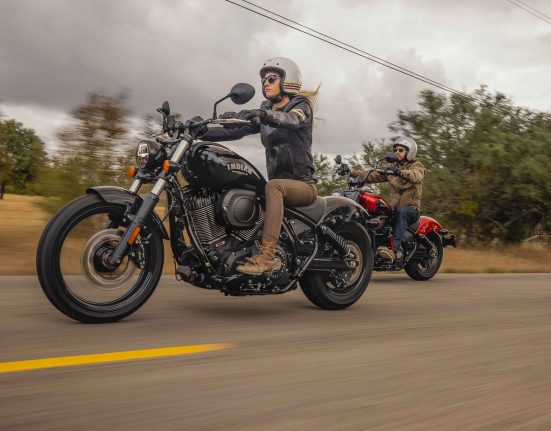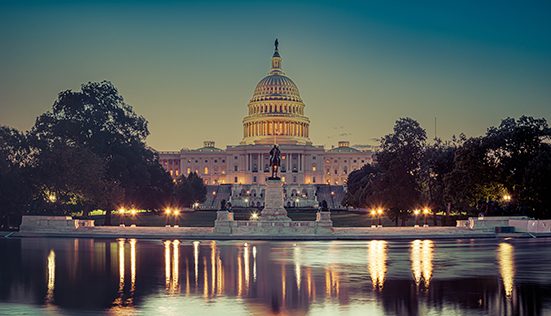Observed Trials
In most cases, motorcycle competition is all about speed and who can get from Point A to Point B in the least amount of time possible.
That is not the case with observed trials. In this form of motorsport, speed doesn’t matter at all. Observed trials is a test of technique, balance, and the ability to navigate over or around obstacles without stalling, crashing or touching a foot to the ground.
Trials, or MotoTrials as the sport is sometimes known to distinguish from its bicycle equivalent, is one of the oldest forms of motorcycle competition. It also is one of the best disciplines for developing safe, well-rounded riding skills that can make you a better racer in everything from motocross to road racing.
Trials puts no premium on speed. The winner is simply the most skilled (and sometimes the luckiest) rider on a particular course. The format is relatively simple. Trials competitors must negotiate individual sections of extremely difficult terrain without putting their feet down. Penalty points are assessed for mistakes, and the rider with the lowest overall score at the end of the day wins.
Trials bikes are purpose-built, off-highway motorcycles engineered to produce smooth, usable power across a wide rpm range. They are light, nimble and feature relatively soft, trail-friendly suspension.
Trials enthusiasts ride on trails, in backyards, in fields and over obstacles both natural and manmade, including logs, steep hillsides and through creeks. Routes are available for every skill level, and some sections assembled for advanced riders are so difficult it’s hard to imagine a mountain goat traversing them—much less a rider on two wheels.
Trials clubs host AMA-sanctioned trials events all over the country, and these events provide an organized setting, new riding opportunities and a competitive outlet for an active community of trials competitors. The top rung of the sport in the United States is the AMA/NATC National Observed Trials Championships. A variety of regional events are offered also, with links to both here:
Claim: Injured motorcyclists are uninsured and disproportionately rely upon the public to pay for their injuries.
Response: Motorcyclists are just as likely to be privately insured as any other road user.
A medical center study1 reported that injured motorcyclists in the trauma center relied on public funds a lower percentage of the time than did automobile drivers to pay their hospital bills during the same time period.
A university study2 reported that automobile drivers and motorcyclists have their medical costs covered by insurance at a nearly identical rate.
Conclusion: Injured motorcyclists are less likely than the general population to use public funds to pay for injuries sustained in crashes, and no more likely to be uninsured than other vehicle operators.
AMA Vintage Trials Grand Championship
The most casual of racing disciplines, trials allows riders to test their balance skills navigating over logs, up hillsides and through creeks. Routes are available for every skill level.
The AMA partners with the North American Trials Council for the national MotoTrials championship. The AMA and the NATC have worked together since 1974 to establish and grow the sport of trials in the United States. The relationship has worked exceptionally well over the years, with the AMA providing national governance and a connection to world-level competition as the U.S. affiliate of the Federation Internationale de Motocyclisme, the world governing body for motorcycle sport, and the NATC contributing discipline-level expertise and close cooperation with trials clubs around the country.
The first AMA/NATC MotoTrials National Championship Series was held in 1974. It was won by Lane Leavitt. Other early champions were Marland Whaley, Curt Comer and Bernie Schreiber.
The series continues to thrive today, bolstered by a vibrant youth community and a dedicated group of volunteers, clubs, supporters and sponsors.






